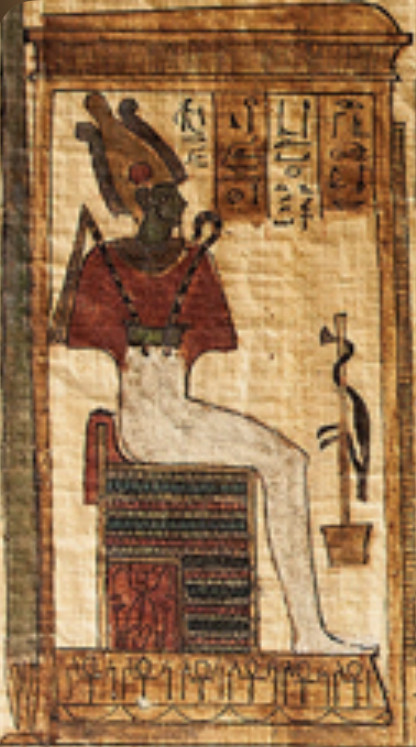verb: goose; 3rd person present: gooses; past tense: goosed; past participle: goosed; gerund or present participle: goosing
1.
poke (someone) in the bottom.
2.
NORTH AMERICAN
give (something) a boost; invigorate.
Phrases
what's sauce for the goose is sauce for the gander — what is appropriate in one case is also appropriate in the other case in question.
Origin
Old English gōs, of Germanic origin; related to Dutch gans and German Gans, from an Indo-European root shared by Latin anser and Greek khēn .
gōs
khēn
Akhenaten (pronounced /ˌækəˈnɑːtən/), also spelled Echnaton, Akhenaton, Ikhnaton, and Khuenaten (Ancient Egyptian: ꜣḫ-n-jtn, meaning "Effective for the Aten"), was an ancient Egyptian pharaoh reigning c. 1353–1336 or 1351–1334 BC, the tenth ruler of the Eighteenth Dynasty.
From Middle English eccho, ecco, ekko, from Medieval Latin ecco, from Latin echo, from Ancient Greek ἠχώ (ēkhṓ), from ἠχή (ēkhḗ, “sound”).
phrasal verb. If you key something in, you put information into a computer or you give the computer a particular instruction by typing the information or instruction on the keyboard. Brian keyed in his personal code.


